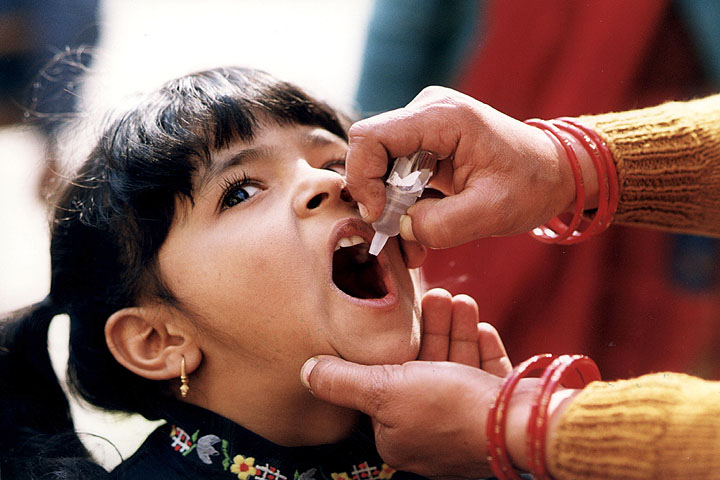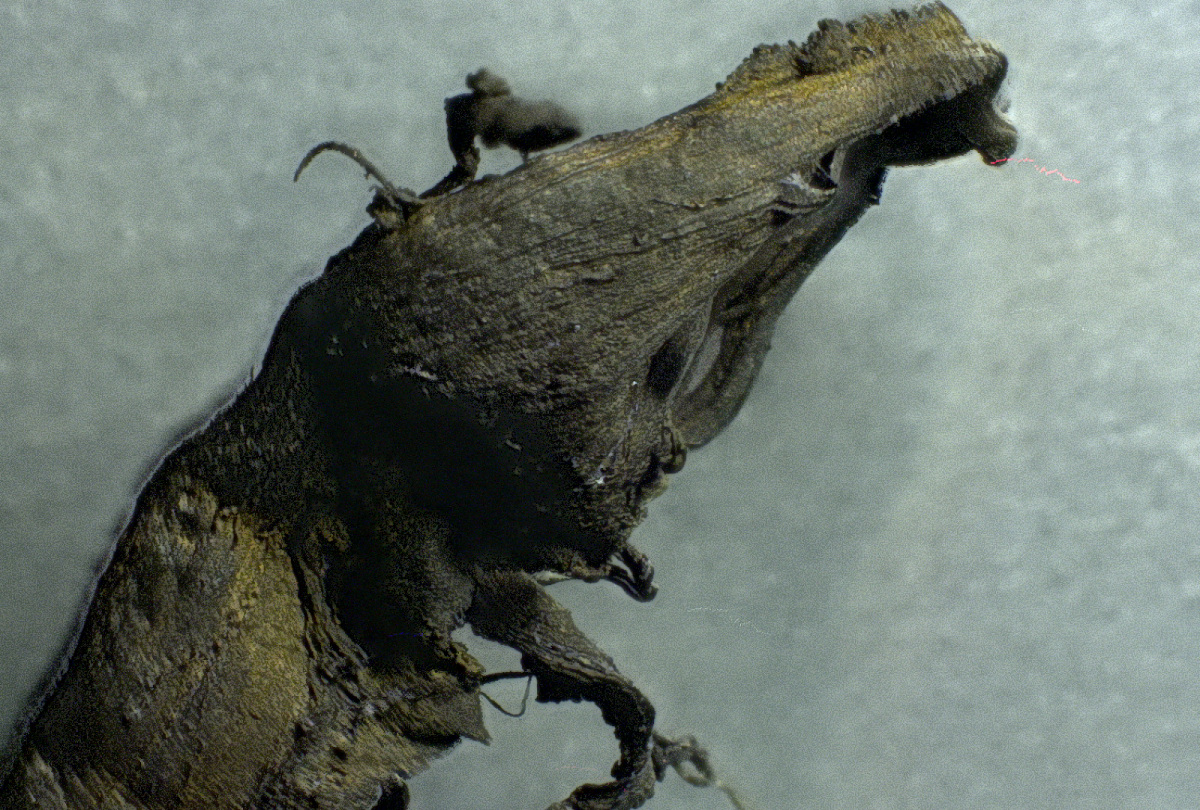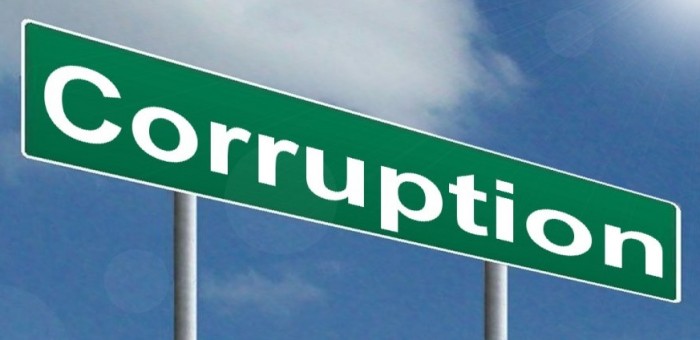South Sudan confirms new outbreak of vaccine-related polio
11/03/2020 / By Ramon Tomey

Health officials in the African nation of South Sudan confirmed a new outbreak of the poliovirus – ironically caused by vaccinations against it. The South Sudan Ministry of Health (MOH) said 15 vaccine-derived polio cases were identified in the northwestern portion of the country. Vaccine-derived polio is a rare instance in which the weakened poliovirus in the vaccines mutates and causes sickness, instead of providing immunity against the pathogen it is supposed to protect against.
Dr. John Pasquale Romunu, the South Sudan MOH’s director-general for preventative health services, told reporters that the outbreak of vaccine-derived polio “has affected quite a number of counties and states.” He nevertheless assured that “the [ministry] and its partners are working on it, and I think it is under control.”
Mayien Machut, a South Sudan MOH undersecretary, said the country’s status as “wild poliovirus-free” remained in place despite the vaccine-derived polio outbreak. He added that the country was working with the World Health Organization (WHO) to bring the outbreak under control, saying “we are going to contain it.” Before the outbreak, South Sudan joined three other African nations the WHO declared Aug. 25 as having eradicated polio within their countries.
The acutely infectious and contagious poliovirus is responsible for poliomyelitis, which attacks the spinal cord and causes irreversible paralysis in children. Health experts said vaccine-derived polio, the disease that stuck South Sudan, particularly affects countries with low immunization rates and poor sanitation. They added that the pathogen can transmit through fecal matter and contaminate water or food; it can spread through an under-immunized community, mutating along the way.
An oral polio vaccine administered to young children, which contains a weakened trace of the virus, has been massively effective against addressing polio caused by the wild virus worldwide. Vaccine-derived polio outbreaks are addressed using the same strategies as wild polio, which includes monitoring populations intensely and ensuring high vaccination coverage.
South Sudan’s vaccine-derived polio outbreak is one among many instances of vaccine dangers
The vaccine-derived polio outbreak in South Sudan follows deaths stemming from seasonal flu vaccination in South Korea. A report by South Korean news agency Yonhap listed 48 flu vaccine fatalities, including a teenage boy and an elderly man as of Oct. 24.
Despite the casualties, South Korean health authorities have reiterated that the seasonal flu vaccination will not be suspended unless an official probe found a direct connection before the flu shots and the deaths. (Related: Mass vaccination for influenza a failed strategy, scientists admit… it simply doesn’t reduce influenza-related hospital admissions at all.)
South Korean Health and Welfare Minister Park Neung-hoo said suspending the inoculation program would be “unscientific” and “dangerous,” adding: “[The] benefits of taking flu shots far outweigh any side effects.” Kim Joong-gon, another official at the South Korean health ministry, told reporters during a briefing: “We have reviewed whether it is appropriate to continue the vaccination or better to suspend and wait for the results. We came to the conclusion that the deaths had no direct relations with the vaccination, given the limited data we have now and [the lack of] detailed post-mortem reports.”
Meanwhile, the Singapore Ministry of Health (MOH) announced that the use of two South Korean flu vaccines would be suspended “as a precautionary measure.” The Southeast Asian country had not seen any deaths associated with flu immunization, but its health ministry and vaccine regulatory agency were “in touch with South Korean authorities” and were monitoring the situation closely.
The Singapore MOH informed health practitioners to halt the use of SK Bioscience’s SKYCellflu Quadrivalent and Sanofi’s VaxigripTetra, two flu vaccines administered to some of the casualties. However, it said other brands of vaccines can still be used for scheduled immunizations.
The flu vaccination deaths in South Korea and vaccine-derived polio outbreak in South Sudan clearly illustrate the dangers of vaccines. The toxic ingredients in vaccines such as mercury, formalin and aluminum are lethal to humans, while some viruses used to make vaccines can mutate and even cause more harm – just like what happened in South Sudan.
Follow VaccineDeaths.news for more news about the risks associated with vaccination.
Sources include:
Submit a correction >>
Tagged Under:
infectious diseases, oral vaccine, polio outbreak, poliomyelitis, poliovirus, South Sudan, vaccination, vaccine-derived polio, vaccines, wild polio
This article may contain statements that reflect the opinion of the author
RECENT NEWS & ARTICLES
PharmaceuticalFraud.com is a fact-based public education website published by Pharmaceutical Fraud Features, LLC.
All content copyright © 2018 by Pharmaceutical Fraud Features, LLC.
Contact Us with Tips or Corrections
All trademarks, registered trademarks and servicemarks mentioned on this site are the property of their respective owners.




















